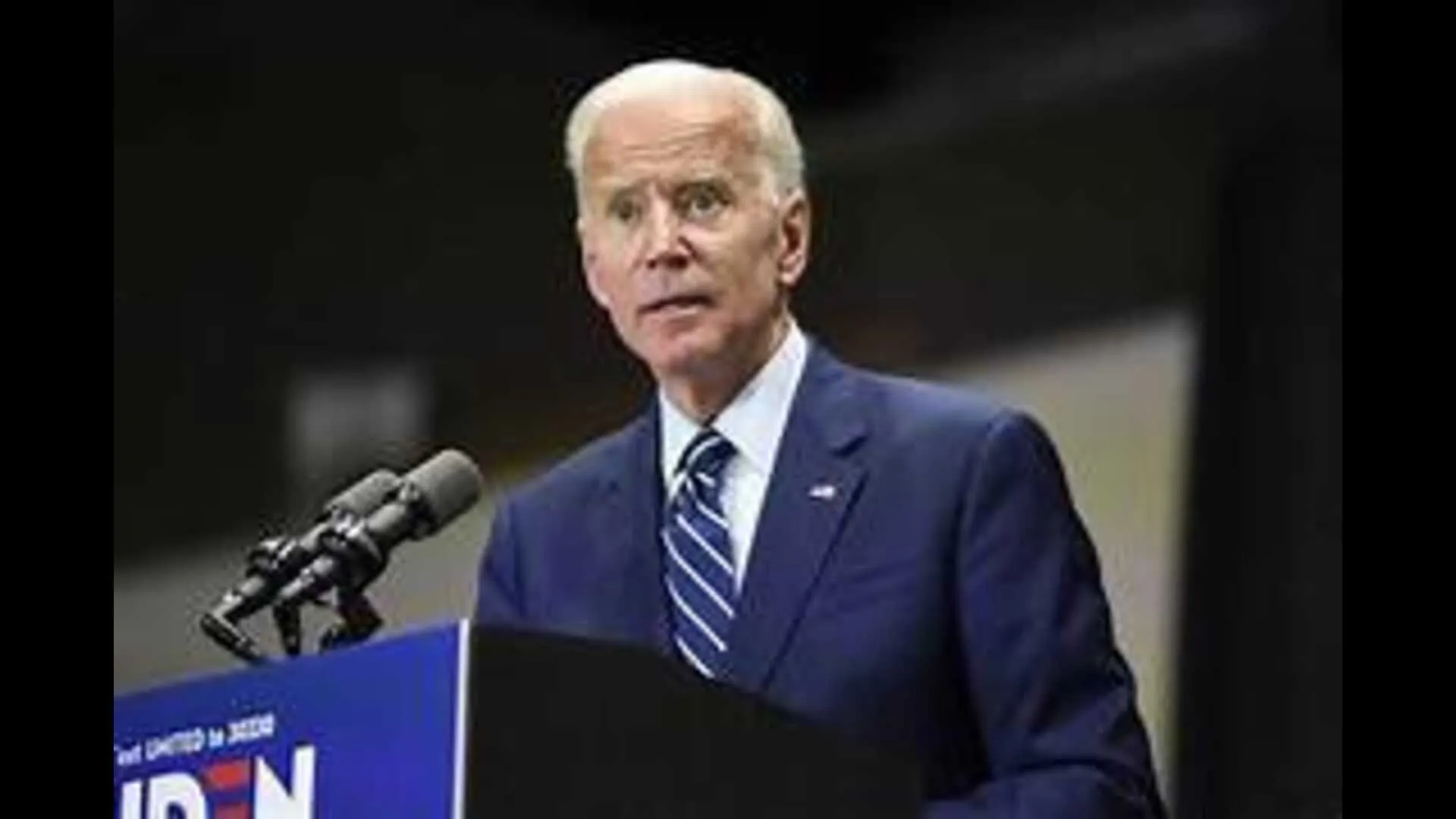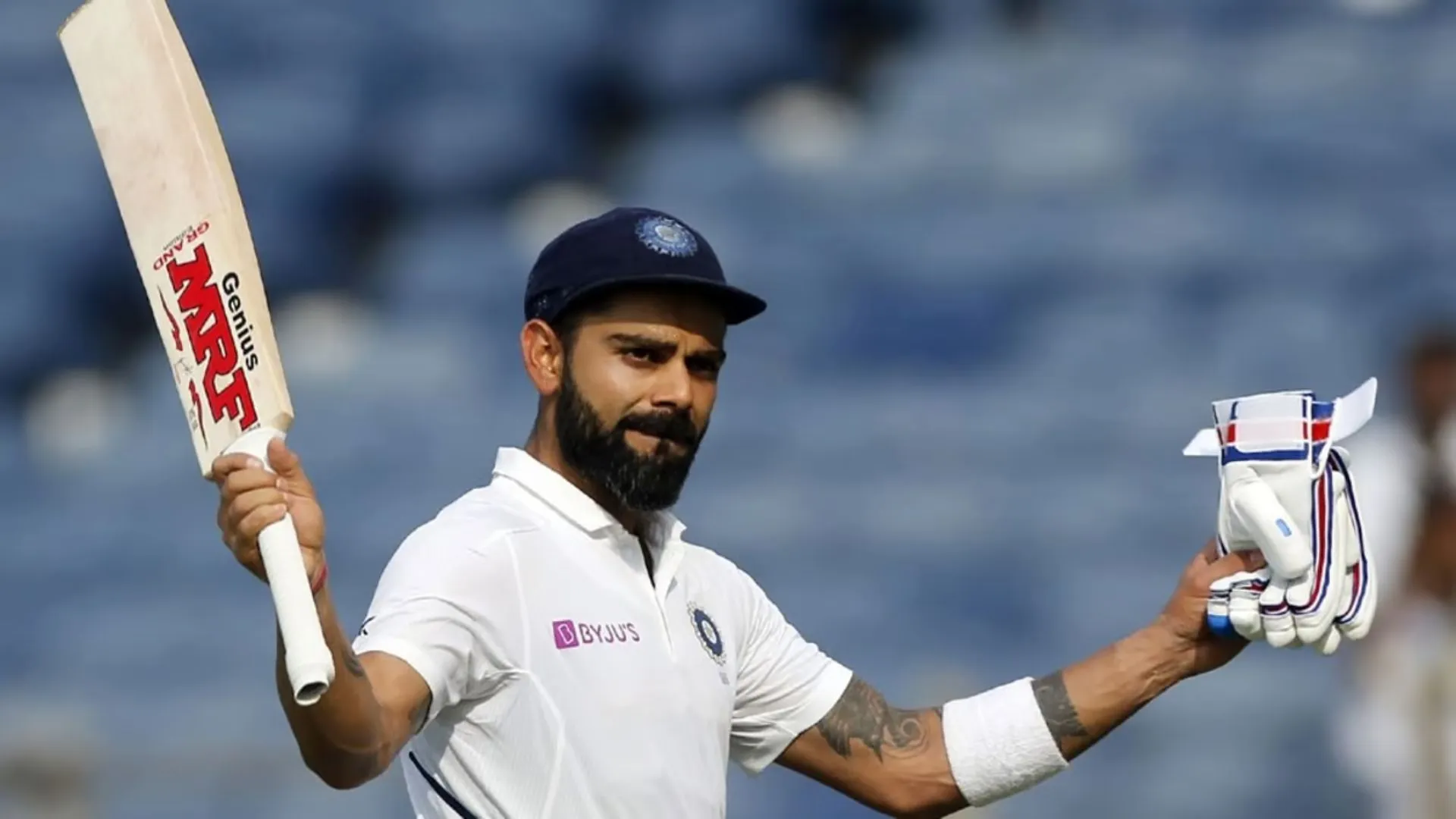
In America, college sports act as a substitute for youth systems being followed by Europeans. Therefore, with the help of their cash-rich competitive leagues and governing bodies, college sports continue to thrive on a scale that’s almost equivalent to their professional counterpart.
The Perks That Come With Adopting College Sports In India
College Education That’s Debt Free
According to a survey that was conducted by the NCAA in 2012, 2% of college athletes continue to make it to a professional level. Most students find this reality of being very discouraging as the odds are stacked against them; therefore, like the benefits that come with consulting with college basketball predictions before placing a bet, college-level sports governing bodies are known to provide some kind of benefit to students who are interested in pursuing sports.
Should India choose to adopt college sports in its country and offer debt-free college education, players will be motivated to pursue sports while earning a college degree. If they are to fall part of the 98% of students who don’t make it to a professional level, at least they can use their degrees to find alternative means of making a living.
A Larger Sports Industry
The existence of college-based sports systems means countries like India can create a new sports industry that will offer more jobs and avenues for its population. Over the years, college-level sports players will gain recognition in professional sports, encouraging merchandising brands and beverage companies to sponsor teams and players into endorsing multi-million dollar deals.
When large sums of money are being generated, teams work hard to ensure they maintain, if not improve, their performance levels. To maintain this quality of performance, a professional team of support staff will be employed to work behind the scenes so everything comes together as it should.
We see this with the recruitment of quality coaches, a professional analytics team, and a functional marketing team. This will ultimately create more jobs allowing those who didn’t make it to the 2% of professional athletes to find other ways to contribute to the sports industry as well.
Sports Infrastructure
With the help of various college teams and universities, countries gain a lot of sports infrastructure that includes excellent facilities made available to teams from the initial stages of the development process. Here, participants are tuned to function in a professional sports environment with equipment and guidance to reach high-performance levels.
Can College Sports Work For India?
From what we mentioned above, it’s clear that adopting a college-based sporting system can convert India into becoming a nation that excels in sports. Economies like India typically focus their attention on academics because sports careers usually come at the cost of sacrificing actual studies.
At the moment, cricket and football are the main professional sports in India, and this means that most sports are practiced as a hobby rather than pursued as a professional career.
By introducing a collegiate sports system to the Indian economy, athletes can be given the chance to obtain a college degree; therefore reducing the concern of there being no alternative career option for the 98% of college athletes who don’t make it to a professional level of sports.
When you look at sports like basketball, kabaddi, and hockey, you see that these sports have a well-established league within the collegiate sports system. This will not only fuel the country’s Olympic teams, but it will also provide the nation with a steady supply of sportsmen and women who are skilled at competing in professional leagues, improving the overall quality of India’s local and national talent.
Today, India has close to 700 universities that compete with each other to obtain enrolments. If these universities were to gather funds to invest in professional coaches and sports infrastructure, these universities could compete against one another in various sporting events, ultimately contributing towards India’s sports frontier. These universities can then gain publicity by making headlines in the news media and performing well in competitions.
Some may be concerned about the uncertainty of gaining a loyal and committed fanbase, but this can be fixed with sufficient marketing, especially with less popular sports. With that out the way, adopting such a system and structure will certainly work well for India.






















